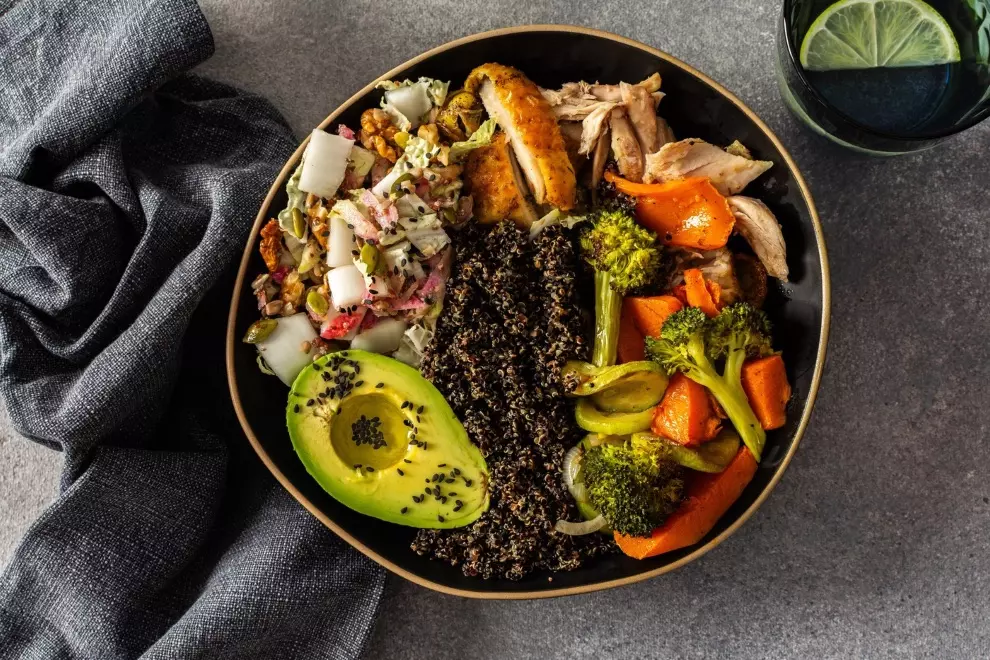In fact, according to numerous studies carried out in the last decade, coffee is one of the healthiest drinks you can consume. It is loaded with polyphenols and has a high antioxidant content. According to the Natural Products Insider, “coffee consumption can lower cardiovascular risks and lower the risk of developing type 2 diabetes by up to 50 per cent. Coffee also appears to have a positive effect on neurological diseases with coffee consumption possibly reducing the risk of Parkinson’s disease and Alzheimer’s disease.”

Now, a new video, produced by the Institute for Scientific Information on Coffee, informs us that coffee is the perfect drink to consume if you go cycling. In the video, multi-discipline rider Juliet Elliott tells us that she trains for around 12 hours a week and takes part in endurance, gravel and bike-packing races and in events such as Grinduro and Tuscany Trail. “What I eat and drink is critical to my performance,” she says, “and I enjoy coffee being a part of my daily routine.” She goes on to say that she begins her day with coffee at breakfast and then has another cup before heading for the gym or jumping on her bike. “I’m a big fan of coffee,” Elliott declares. “It makes me feel energized and mentally alert, plus I’m fully aware of the performance benefits. I can pedal harder, faster and for longer.”
Science supports her statements. Dr Neil Clark, an expert in sports and exercise nutrition at Coventry University, says that drinking coffee offers benefits that can improve physical performance. “These include, but are not limited to, improved muscular endurance, movement velocity and muscular strength.” In fact, research has shown that caffeine enables muscles to contract more forcefully and more regularly, he noted, and that “coffee consumption has been shown to improve endurance performance and sprint performance.”
In addition, coffee can make you feel better because it releases endorphins that reduce pain and the effects of exertion while you exercise. “Factors such as improved reaction time, cognition, and mood are also likely to have a positive influence on performance,” Clark said. “Whether cycling competitively or for recreational purposes, there is evidence that drinking a cup of coffee may enhance performance.” Finally, drinking coffee before going on a ride can also help protect you from accidents. “[Drinking coffee] can also increase alertness, cognition and arousal, which might make people safer on the roads,” he said.
However, Clark cautions that coffee should always be consumed in moderation. The European Food Standards Authority recommends drinking three to five cups a day but Clark says sensitivity to the effects of coffee differs from one individual to another. “It’s always a good idea to start with the smallest amount,” he advises. “Drink one cup and see how that works. And it should definitely be tried in practice first before you take it for a competition.” Cyclist Elliott is a convinced coffee aficionado. “For me, coffee and cycling go hand in hand,” she says. “It perks me up, helps me ride longer, ride faster. What’s not to like?”




